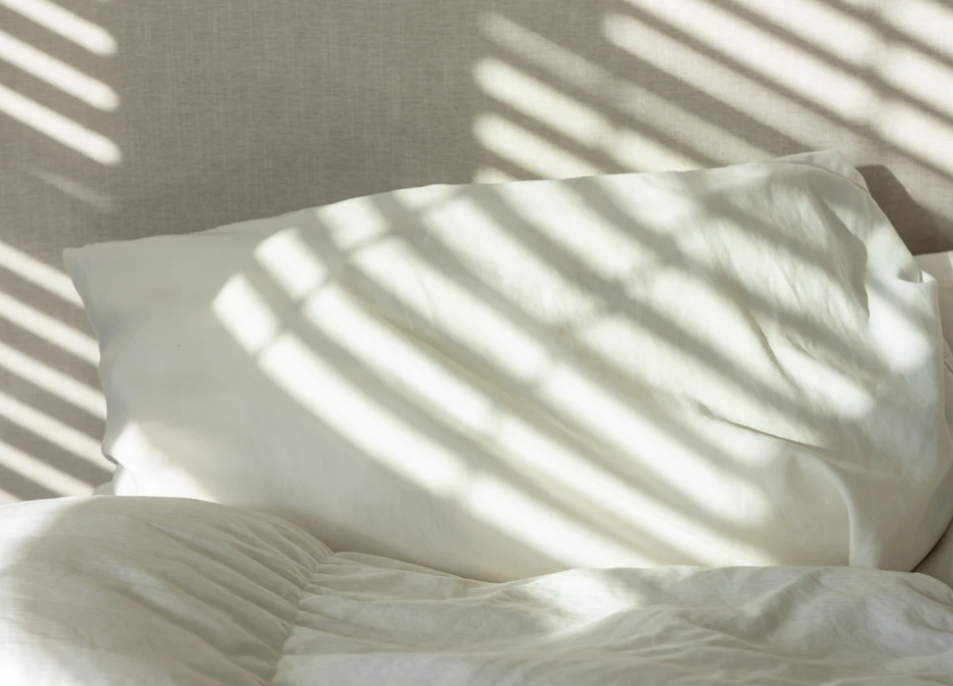
Does beauty sleep really work?
In today’s fast-paced world, the importance of consistent sleep is finally getting the recognition it deserves. The age-old phrase “beauty sleep” isn’t just a myth - it’s now backed by solid science. New research shows that quality sleep plays a vital role not just in brain health, but also in skin repair, hydration, and overall appearance.
During sleep, your body enters its most active phase of healing, replenishment, and rebuilding. A recent dermatological study revealed that individuals who sleep between 7–9 hours per night have better-hydrated skin and show improved recovery from environmental stressors, like sun exposure and pollution.
The Eye Area: First to Show Signs of Sleep Deprivation
The delicate skin around the eyes is especially prone to showing the effects of sleep deprivation. Because this area is thinner and the blood vessels lie closer to the surface, it's often the first place to reveal a bad night’s sleep.
Common signs of sleep-related eye issues include:
- Dark under-eye circles (caused by dilated blood vessels)
- Bloodshot eyes
- Puffy eyes or eye bags (due to fluid retention)
- A sallow or dull complexion (from poor cellular hydration)
These visible signs occur because insufficient rest reduces blood flow and prevents the skin from receiving the nourishment it needs overnight.
How to Treat Puffy Eyes and Dark Circles Without Sleep
When 8 hours of sleep isn’t realistic, targeted under-eye treatments can help. Look for eye creams or serums with proven ingredients like:
- Caffeine - to constrict blood vessels and reduce puffiness
- Arnica - to improve circulation and ease swelling
- Niacinamide - to brighten and support skin barrier function
For a next-level solution, incorporate Yellow LED light therapy, which has shown promise in minimizing the appearance of dark circles and improving skin tone.
Peep Club’s Heated Eye Wand LED+ offers a Yellow LED setting, combining light therapy, heat, and gentle massage to deliver a powerful, holistic treatment for tired eyes.
DISCLAIMER:
The information, including but not limited to, text, graphics, images and other material contained on this website are for informational purposes only. No material on this site is intended to be a substitute for professional medical advice, diagnosis or treatment. Always seek the advice of your physician or other qualified health care regimen, and never disregard professional medical advice or delay in seeking it because of something you have read on this website.

